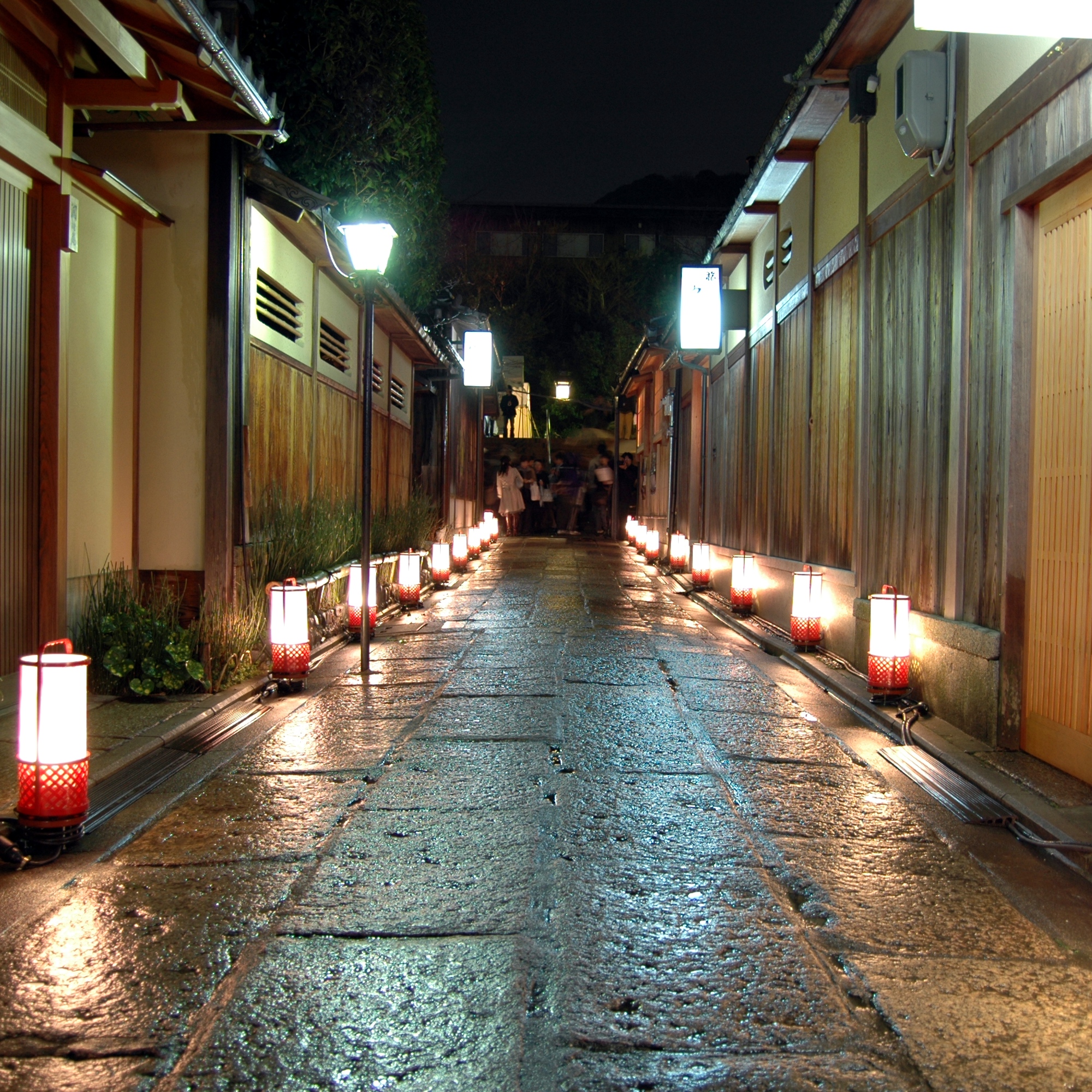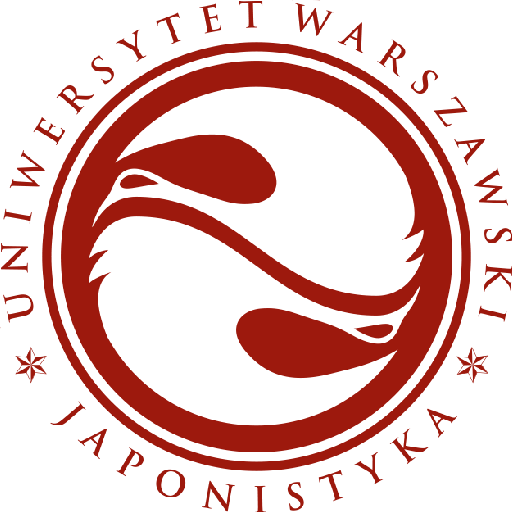
Chair of Japanese Studies offers courses on two cycles of studies:
STATIONARY AND NON-STATIONARY STUDIES OF THE FIRST CYCLE (BACHELOR’S DEGREE)
The first cycle studies at the Chair of Japanese Studies last 3 years (6 semesters). Upon graduation students obtain bachelor’s diplomas in the field of Oriental Studies, specializing in Japanese Studies. Graduates of the programme is well-educated in the history of Japan from antiquity to modern times, Japanese literature, history of Japanese art and aesthetics. He or she has basic knowledge of Japan’s religion, philosophy, some aspects of Japanese society, politics and language. Students are also educated in the history of western philosophy, theory of culture and anthropology. They mastered the Japanese language on a level enabling fluent communication. The acquired knowledge enables them to move freely in the aspects of Japanese cultures theory and practice. They are prepared to work in cultural institutions and public administration and can apply for a second cycle programme.
STATIONERY STUDIES OF THE SECOND CYCLE (MASTER’S DEGREE)
The second cycle studies at the Chair of Japanese Studies last for 2 years (4 semesters). ). Upon graduation students obtain M.A. diplomas in the field of Oriental Studies, specializing in Japanese Studies. A graduate of the programme will have acquired a solid knowledge enabling him or her to understand and interpret the phenomena of Japanese culture, thanks to his or her research in the chosen field of: linguistics, literature or culture studies, of religion and philosophy, of history, social and political studies. The graduate will be fluent in spoken and written Japanese – both in its classical and modern form. Such education will enable him or her to work in cultural institutions (museums, media, publishing houses etc.), public administration, government agencies dealing with foreign affairs, immigrant problems, trans-cultural education and Japanese companies. The graduate is also ready to continue his education in a third cycle (PhD) programme.
